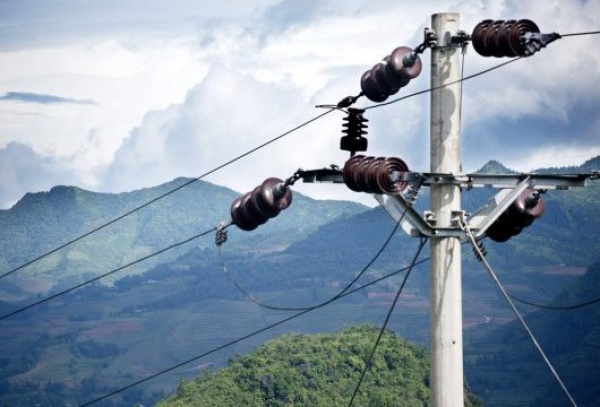Togo’s Urban Network Extension project is now in full swing, promising to transform electricity access in the Centrale region. Officials recently launched the operational phase, signaling a major step toward better power supply across five prefectures: Blitta, Sotouboua, Tchamba, Mô, and Tchaoudjo. This project aims to deliver reliable electricity to millions, lighting homes, businesses, and public facilities.
During a focused meeting last weekend, government and utility leaders outlined the extensive plans covering eight key towns. These include Blitta and Pagala-Gare in Blitta prefecture, Sotouboua and Adjengré in Sotouboua, Tchamba and Kaboli in Tchamba, Sokodé in Tchaoudjo, and Djarkpanga in Mô prefecture. By connecting these communities, the project hopes to ignite economic growth and improve living standards throughout the region.
The urban network extension involves constructing more than 290 kilometers of low voltage power lines and over 21 kilometers of medium voltage lines. In addition, the installation of 36 new transformer substations will significantly strengthen power distribution. These efforts together will create a more robust and resilient electrical grid capable of meeting rising demand.
This ambitious infrastructure upgrade promises numerous benefits. First, the enhanced electricity supply will help households reduce dependence on costly and polluting energy sources. Second, small and medium businesses will gain reliable power to increase productivity and create jobs. Moreover, public services like hospitals and schools will function better with stable energy, improving community wellbeing.
Importantly, this project fits into Togo’s wider goal of expanding national electricity coverage and promoting sustainable development. The government’s commitment to modernizing energy infrastructure reflects a clear vision for an inclusive future. By improving power access, Togo aims to close the energy gap and lift many out of energy poverty.
Community involvement plays a crucial role in this transformation. Officials recognize that local support ensures smooth implementation and long-term success. Therefore, they are engaging residents and leaders to address concerns and encourage ownership of the project. This partnership between government and citizens fosters trust and accountability.
While the project faces challenges like difficult terrain and logistical hurdles, the coordinated efforts of all stakeholders inspire confidence. The operational launch marks progress, but the journey toward full completion requires continued focus and collaboration. Each kilometer of line and each substation brings Togo closer to a brighter future.
Furthermore, the urban network extension carries environmental benefits. Replacing unreliable energy sources with clean grid electricity reduces emissions and supports climate goals. This shift contributes to global efforts to combat climate change while improving local air quality.
Economic analysts predict that better electricity access will stimulate investments across the Centrale region. Industries such as agriculture processing, manufacturing, and services stand to benefit. As power reliability improves, investors see greater potential in these previously underserved markets.
In summary, Togo’s Urban Network Extension project is a game-changer for the Centrale region. It brings modern electrical infrastructure to eight towns, improving lives and unlocking opportunities. With strong community engagement, government dedication, and clear vision, this initiative sets a new standard for energy access in West Africa.
As the project unfolds, the hope and excitement within these communities grow. Reliable electricity no longer feels like a distant dream but a tangible reality. Through this urban network extension, Togo is lighting the way toward sustainable development, economic prosperity, and a higher quality of life for all.






